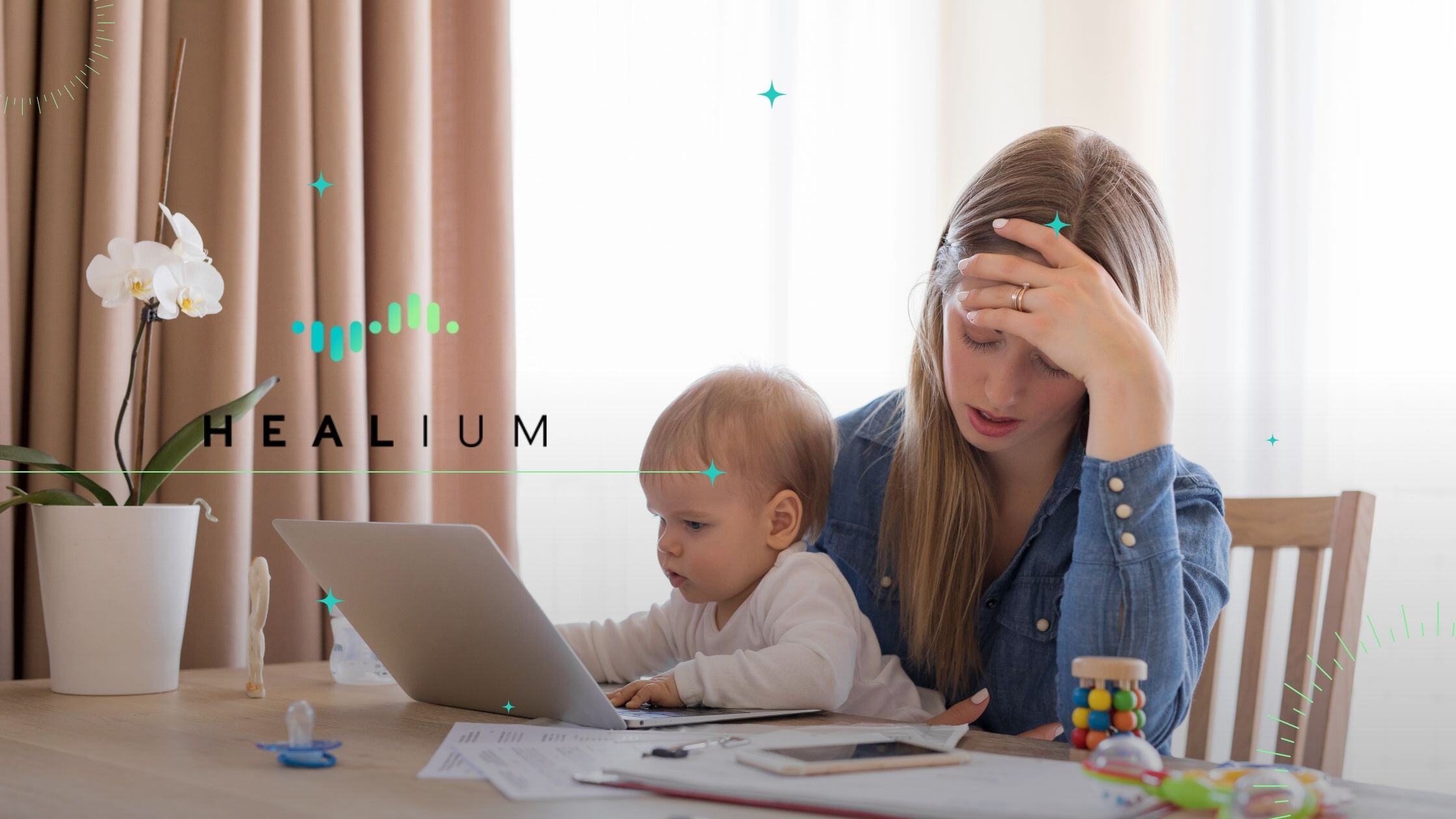Can Stress Make You Tired? Here’s What The Science Says
Learn the science behind stress-induced fatigue and how to combat it.

Stress can indeed lead to feelings of fatigue, but how exactly does it affect our energy levels and overall well-being? This blog post delves into the scientific understanding of the connection between stress and fatigue and the ways in which our bodies and minds respond to persistent stress.
Understanding Emotional Exhaustion
Emotional exhaustion is a profound form of fatigue caused by prolonged stress characterized by feelings of emptiness, detachment, and a sense of being emotionally drained. It often manifests in daily life as a lack of motivation, irritability, and a feeling of being stuck or overwhelmed.
However, prolonged stress manifests in various physical and mental symptoms as well, extending beyond just emotional exhaustion. These symptoms include headaches, muscle tension, digestive issues, rapid heartbeat, anxiety, depression, irritability, and difficulties in concentration and memory.
How Exactly Does Stress Make You Tired?
People experiencing ongoing stress may find themselves frequently fatigued or emotionally exhausted due to the physical and mental demands of their anxiety. The mental load of constant worrying and thinking can deplete energy levels, making it hard for the mind to rest even when the body itself is tired.
Specifically, stress results in feelings of fatigue through the following ways:
• Hormonal Imbalance: Chronic stress leads to elevated levels of cortisol, the stress hormone, which disrupts normal bodily functions and leads to fatigue.
• Brain Structure Changes: Changes in specific brain structures, such as the caudate and putamen, are associated with mental fatigue in stress-related disorders.
• Sleep Disruption: Stress often disrupts sleep patterns, leading to insomnia or poor-quality sleep, which compounds fatigue.
The Science Behind Feeling Tired from Stress
Stress triggers a complex physiological response, releasing hormones like cortisol and adrenaline that can disrupt sleep patterns and leave us feeling exhausted. Many studies have investigated this relationship in detail, including a BMC research study that investigated the relationship between perceived stress and fatigue and found a notable association between the two.
Chronic stress can also disturb the balance of neurotransmitters in our brain, influencing our mood and energy levels directly. This is further emphasized in a scientific workshop featured in Sleep magazine, titled “Beyond the symptom: the biology of fatigue”, where the biological mechanisms behind chronic fatigue, particularly in the context of neuroinflammation and innate immune responses are said to contribute to the development of chronic fatigue.
How to Manage Stress-Induced Fatigue
By combining lifestyle changes, relaxation techniques, and innovative solutions like Healium, a holistic approach can be taken to reduce stress and anxiety-induced fatigue.
• Stress Reduction Techniques: Incorporating relaxation practices like mindfulness, meditation, or yoga can help reduce stress levels, thus alleviating fatigue.
• Physical Activity: Regular exercise can improve overall energy levels and reduce stress.
• Healthy Lifestyle Choices: Maintaining a balanced diet and getting adequate sleep are crucial in managing stress and fatigue.
• Improving Sleep Quality: Establishing a bedtime routine and minimizing electronic device use before sleep can promote better rest.
• Emotional Support: Talking with someone you trust about your anxiety can be therapeutic and help alleviate some of the exhaustion associated with constant worrying.
How Healium Can Help
Healium offers a unique, tech-driven approach to managing stress that has been clinically proven to lower anxiety levels in as little as 4 minutes. Using VR and biofeedback, we help users visualize and control their stress responses, potentially reducing feelings of fatigue. A newfound sense of control over stress not only promotes emotional well-being but also offers the potential for fatigue reduction.
While Healium is not a treatment, it serves as a valuable tool for individuals to self-manage their anxiety levels, paving the way for a more energetic and balanced life. Discover how Healium can be your ally in combating the weariness brought on by stress, as we invite you to experience its transformative effects for yourself.
___
Disclaimer: This blog is for informational purposes only and is not a substitute for professional medical advice. Always consult your healthcare provider or mental health professional for any health-related concerns. Healium is not a replacement for professional counseling or psychotropic mediation.
About the Author
Sarah Hill, a former interactive TV news journalist at NBC, ABC, and CBS affiliates in Missouri, gained recognition for pioneering interactive news broadcasting using Google Hangouts. She is now the CEO of Healium, the world’s first biometrically powered VR channel, helping those with stress, anxiety, insomnia, and other struggles through biofeedback storytelling. With patents, clinical validation, and over seven million views, she has reshaped the landscape of immersive media.






